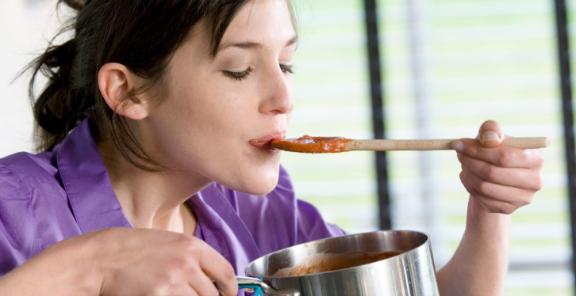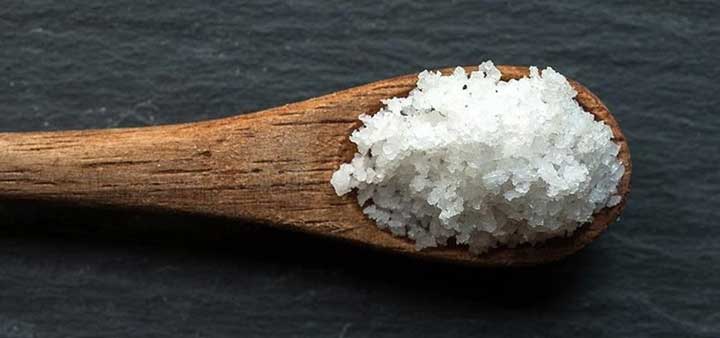Tutorials
Are You Salting Right? Get the most Flavour out of your Food.
Salt. The ingredient in cooking that is actually the most important one of all! Without salt you cannot taste any of the other flavours properly. Salt does not change any other flavour, but it is meant to enhance them.
Taste buds are sensory organs that are found on your tongue and allow you to experience tastes that are sweet, salty, sour, and bitter. The average person has about 10,000 taste buds and they’re replaced every 2 weeks or so. When there is adequate amount of salt in your food the receptors on your taste buds work more actively in distributing all the other flavours. The Sodium in Sodium Chloride(chemical composition of salt) has an ability to brighten desirable flavours like sweet and sour and lessen undesirable ones like bitterness.
So, When exactly should you salt your food to get the most out of it? Is there any difference if you salt in the beginning or in the end? Such a simple ingredient, yet it confuses the most of us into doubting ourselves while cooking.Did we add too little? Too much?
Lets look at some science behind salting your food right.
Most recipes (and culinary schools) advise seasoning food with salt early in the cooking process, not just at the end. Salt takes time to penetrate into food that is cold. Adding salt at the beginning of the cooking process also helps to give it time to penetrate into the food.
You should always start with a small amount of salt and then gradually increase the quantity, tasting as you go along. This gives the most well rounded flavour to the dish. This is why a lot of recipes tell you to “Salt to taste”. Tasting your food at regular intervals and salting accordingly is very important.
Balancing act
While cooking Rice and Pasta adding salt right at the beginning is very important. As the starches absorb the cooking water, the salt will evenly get distributed through the food. For pasta, add a large amount of salt (one tablespoon per 500g of pasta) because only a portion of that actually gets absorbed.
Mushrooms : This vegetable is an exception to the add salt in the beginning of cooking rule. Mushrooms are so full of moisture, that if you add salt at the start, all their delicious juices will run out. So, for a pan of yummy mushrooms, always salt right at the end.
Meats benefit from getting their hit of salt prior to cooking. As the meat cooks, the proteins start contracting and it becomes more difficult for salt to absorb. Marinating the meats with a bit or salt and pepper before cooking sorts this problem out.
Onions : For crispy golden onions, add salt right at the end of frying to prevent them from going soggy, but for pale, soft onions, add it right in the beginning so that the onions can stew in their juices.
Although Chefs advice salting right at the beginning, you see a lot of them sprinkling a coarse salt just after they finish plating a dish. This is because coarse salts like fleur de sel will sit atop the food without loosing its structure and impart an added pleasing crunch and purity of flavour.
Coarse salts (salts that have larger crystals)also enhance sweetness very well and it is a good idea to try out before you serve your next dessert.






















